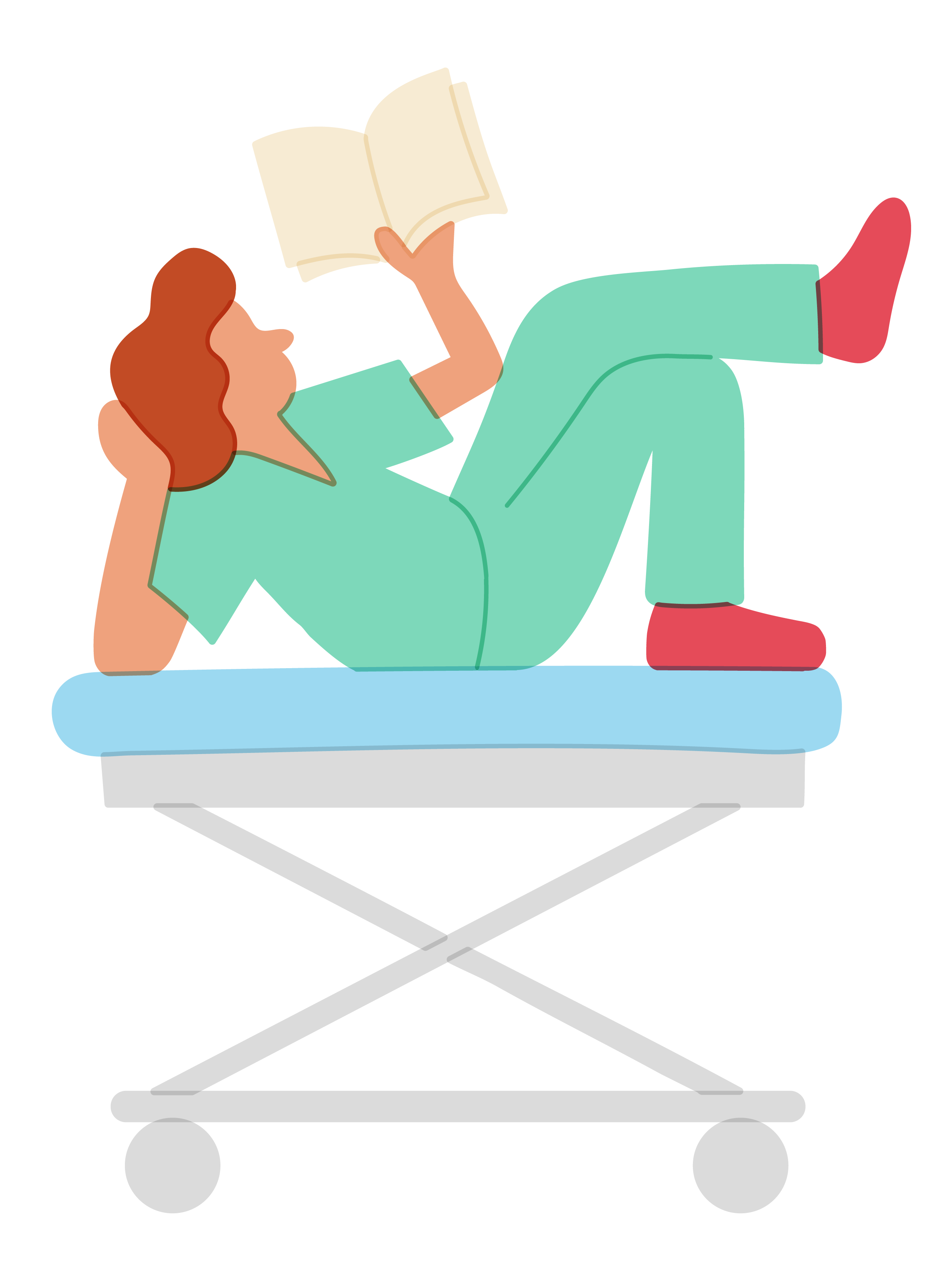In this blog post, I’ll be covering an extremely important part of your USMLE step I preparation: materials. In thinking back to my Step I preparation, I realized that I needed four specific tools: primary sources, a tool to retain information, questions, and a tool for self-evaluation. The specific implementation of this doesn’t matter very much, but I’m going to define what I mean by each of these tools and provide examples of what worked best for me.
1. Primary Sources
This is your bread and butter. Examples of this include textbooks, lectures, Sketchy micro, Uworld explanations, First Aid, Pathoma, etc. These are the texts, presentations, and lectures that will give you the raw concepts that you didn’t know before you came to medical school. Choose high-quality resources. First Aid, for example, has a wonderful table in the back of the book that evaluates materials. But of the wide assortment of good materials, make sure to use what resonates with you. I’ve listed what I used to prepare at the end of this post.
2. Tools to Retain Information
Once you’ve learned information, you need a way to keep it inside your head. Whether you’re making outlines for yourself, doing flashcards, or simply reviewing information, you need to be keeping things that you haven’t studied recently inside your head. Otherwise, you’re going to forget things that will appear on Step I. I’m a huge believer in using spaced-repetition as a technique for retaining information. I used Anki heavily and attribute most of my success on the test to making high-quality flashcards.
3. Practice Questions
Step I isn’t a test of how much you know: it’s a test of how many questions you can get right. If you’ve memorized every page of First Aid, but can’t choose the right answer on test day, all of that hard work won’t help you at all. Questions teach you to pick the right answer. They are called practice questions because you’re practicing what you’ll be doing on your Step I test date. Questions are the most important part of any Step I preparation plan. You cannot spend too much time doing practice questions.
Step I is a standardized exam. That means that the questions on previous exams are going to be very similar to the questions on the exam that you’re about to take. When I was preparing for Step I, I was wary of starting USMLEWorld early, because I was worried about running out of questions. In reality, that fear was foolish. When you add up USMLEWorld, USMLE-Rx, Kaplan Qbanks, practice NBME exams, UWorld self-assesments, questions in miscellaneous BRS textbooks and other resources, there are probably 10,000 high-quality questions to help you prepare. This number is not including the questions that you initially miss that you can go back and review.
Don’t be discouraged if you miss lots of questions when you’re starting off. Don’t think of a missed question as a mistake or an error, but a way to show yourself what you don’t know. To fully allow questions to teach you, you need to use a question log.
4. Question Log
When you miss questions (as you inevitably will), you need to think about why you missed them. I’ve linked here an example of my question log if you want a concrete example. You should include something about the question that you missed, the right answer, the wrong answer, why you chose the wrong one, what type of error you made, and what you did to make sure you won’t miss the question again. It’s totally acceptable to miss questions that you’ve never seen before. But, if you train yourself to think hard and not miss the same question twice, then you’re going to be golden on Step I.
Resources to Remember
1. Classes
Your medical school thinks they are important; give them a chance.
2. General
- First Aid (outline-format, i.e., the Bible)
- First Aid for the Basic Sciences: General Principles and Organ Systems (First Aid expanded, with lots of extra information and facts)
- Uworld Explanations
3. Pathology
- Pathoma: I aspire to be a teacher like Dr. Sattar. This is an amazingly well-organized and useful resource)
- Microbiology: Sketchy Micro: Things stick in your memory so well, it feels like cheating
- Pharmacology: Sketchy Pharm: Not as good as Sketchy Micro, but still excellent in laying out some facts you won’t find elsewhere
- Behavioral Sciences: Barbara Fadem’s High-Yield Behavioral Science and BRS Behavioral Science (books: check out your library!)
- Physiology/Pathophysiology: BRS Physiology and BRS Physiology Cases and Problems
- Biochemistry + Anatomy: Not many really superior board-oriented resources out there; apologies. Kaplan has a nice video series on biochemistry, but it didn’t seem quick enough for me.

Comments